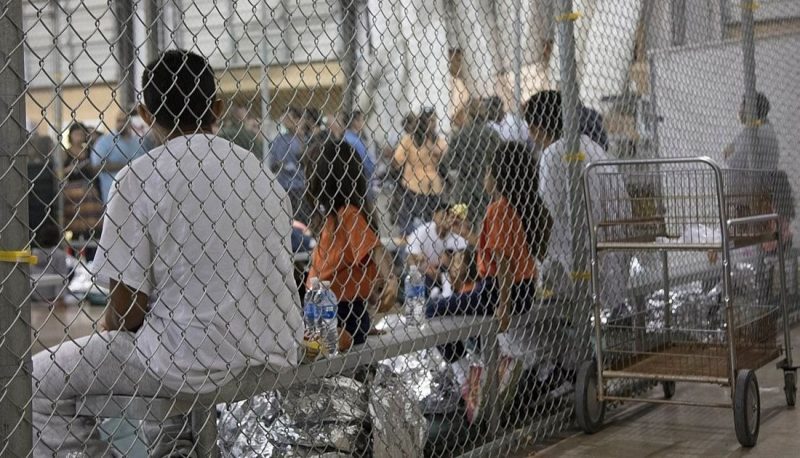“Our Courts, Our Fight” is a blog series documenting the harmful impact of President Trump’s judges on Americans’ rights and liberties and the need for the Senate to confirm President Biden’s federal court nominees to help counteract these effects. Supreme and appellate court cases in the series can be found by issue and by judge at this link.
Trump Ninth Circuit judge Kenneth K. Lee wrote a decision in October 2021, joined by Trump judge Bridget Bade, that reversed a district court and granted a preliminary injunction against a California law that bans use of private prisons. In GEO v. Newsom, Lee and Bade’s 2-1 ruling held specifically that California could not prohibit the operation of federally contracted for-profit private immigration facilities within its borders.
The California law at issue, A.B. 32, went into effect in 2019 and gradually phases out the operation of all private detention facilities within the state. As dissenting judge Mary Murguia noted, the state contended this was important to provide for “public health and safety” based on reports of “substandard conditions, inadequate medical care, sexual assaults, and death” in such for-profit facilities. The law applies to private prison contracts within California entered into by all levels of government. At the time, U.S. Immigration and Customs Enforcement (ICE) relied solely on private detention facilities to house undocumented migrants it detained in California. GEO Group, a private prison company, operated two of these facilities.
The law effectively required ICE to find alternative arrangements for housing undocumented immigrants in the state by 2024. The federal government joined GEO Group in a lawsuit against the state in 2019. District court judge Janis Sammartino, who was nominated by President George W Bush, rejected a request for a preliminary injunction as applied to ICE facilities and allowed the law to go into effect, finding that it was a valid exercise of the state government’s authority to protect the health and safety of its citizens. Geo Group and the federal government appealed.
In the Ninth Circuit panel’s decision, Trump judges Lee and Bade held that the federal law preempted A.B. 32. Lee noted that the federal government had contracted with private prisons for many years and that A.B. 32 impeded the federal government’s historically “broad discretion” to enter into arrangements to detain undocumented immigrants. Lee, however, did not acknowledge that President Biden signed an executive order in January 2021 directing that the Justice Department phase out the use of private prisons. In addition, Lee claimed that A.B. 32 discriminated against the federal government because it carved out several exemptions for the state government to contract with private prisons while creating no such exemptions for the federal government.
Judge Murguia strongly dissented. Murguia explained that for federal law to preempt state law, the federal government must show a clear Congressional intent to do so. Here, Murguia noted that because no statute explicitly gave ICE the power to contract with private prisons, federal law did not preempt A.B. 32.
Additionally, Murguia stated the law did not discriminate against the federal government because it only allowed limited exemptions in a narrow set of circumstances, such as for educational or rehabilitation facilities. Given that only state and local governments operate such facilities in the state, Murguia wrote that California had a valid reason for not providing similar exemptions for the federal government. Overall, Murguia concluded, there was “no reason” to reverse the district court and grant the “extraordinary remedy” of a preliminary injunction while the litigation proceeds, especially since the law itself allows ICE facilities to “continue to operate in California until at least 2024.”
Immigration is traditionally an area where the federal government has broad discretion to implement its policies. However, as Judge Murguia demonstrated, A.B. 32 is not an immigration regulation. It instead broadly regulates an industry known for mistreatment of detainees. California has made clear that it will continue to defend its law, and the new Biden Administration policy on private prisons should make an important difference as well (although it does not yet apply to the Department of Homeland Security). Due to the decision by Trump judges Lee and Bade, however, the authority of a state like California to prevent abuses of immigrants and others at private prisons is under serious question at best. This case demonstrates the importance of promptly approving fair-minded federal judges who will allow states to enforce laws protecting the health and safety of their residents.
Note: Andrew Kliewer is a law student fellow at People For the American Way.

